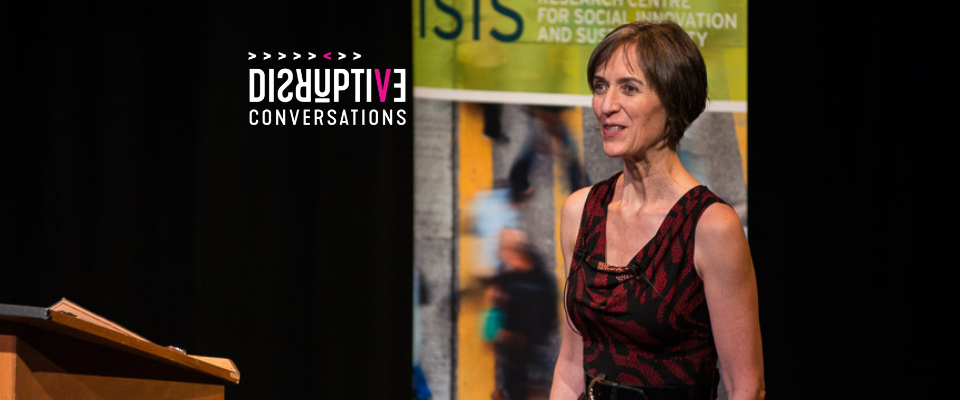In order to walk, you need two feet. For Kate Sunderland in order to achieve your Big Hairy Audacious Goal, you need both the rational mind and the intuitive mind. Her goal is to make inner work as universal as cooking pots. So much of our world focuses on the rational mind and minimizes the role of intuitive mind. It is in the space that Kate Sutherland spends most of her time. She does the kind of work that many people shy away from. She calls it inner work – working on the intuitive mind.
For some people, words like intention, perception, intuition, and consciousness may seem too soft or fluffy but this the domain where Kate spends her time. This is the kind of work that she gets changemakers to sit with. That uncomfortable stuff that comes from within and eventually bubbles to the surface.
One of the things that stood out for me with my conversation with Kate is something that has become so central to my own work. She makes the point that so many of the times when she is working on a problem a good place to start is by asking the classic systems thinking question: How am I contributing to the problem? How am I part of the problem? She acknowledges that sometimes the problem can be both internal and external, but a good place in all aspects of her life is by acknowledging that she is part of the problem. So many of the people I interview talk about the role this reflective exercise plays in their work. A subset of the people I interview have come to the conclusion that when they started to work on change, they saw the problem as being out there. A problem to be solved that was external to themselves. As they got more experience, they learned that they needed to start by acknowledging that they were part of the problem.
Another powerful insight from Kate was her idea that the root of all our problems is disconnection. Many of us are in some way disconnected from self, nature, or social ills. We see these things as disconnected from us, external to us. When the truth is that it is all connected. She uses the term antibody to describe the approach to change where we are trying to fix the thing that is external to us. When we do that the system treats us like an antibody. It attacks us. Admittedly, Kate does not go as far as saying the system attacks us but that is how I understood her insight. Instead, that language she uses is that we need to work in solidarity with the system. The words we use matter so much and her choice to say we need to work in solidarity with the system is deeply insightful.
Similarly, when she states that consciousness matters most I understand that to be a frame for the perspective she is coming from. For her, she is trying to disrupt Western cultures devotion to the lone wolf mentality. Most descriptions of leadership and change are filled with this individualism. We celebrate and reinforce the lone wolf or the hero in spaces like Leadership and Entrepreneurship. What Kate is challenging is something that is so taken for granted in our society. She is working to disrupt the dominant approach that accepts individualism and rationality exclusive of other ways of knowing and doing.
In the end, Kate is true to her word. Her favourite quote is on that is attributed to Albert Einstein
“The intuitive mind is a sacred gift and the rational mind is a faithful servant. We have created a society that honours the servant and has forgotten the gift”.
You can find Kate at: https://katersutherland.com/
